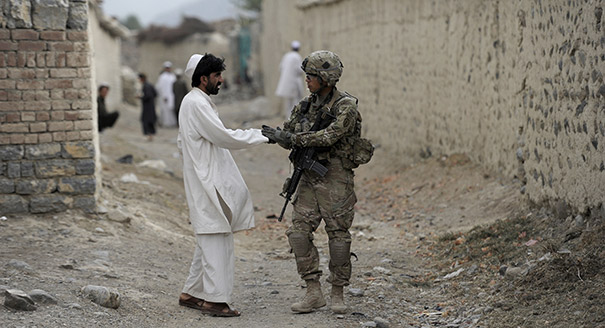- Mr. Ashley Tellis, the American scholar of Indian descent at Carnegie Endowment along with Jeff Eggers who was the senior Director for Pakistan in the Obama administration at White House have co-authored a paper on the above subject.
- Recalling the bleak security and governance situation in Afghanistan, the authors argue for a political settlement as the best way forward which envisage reconciliations with Taliban. Contrary to the existing more dominant role of Generals in the policy making regarding Afghanistan, the authors recommend for empowering the US Ambassador in Kabul to nudge the Afghan National Unity Government to initiate a serious national dialogue for reconciliation. The recommendations also call for inducing Pakistan to constrain Taliban sanctuaries and evolving support for a political settlement.
- The release of this paper before the June meeting of Kabul Process is an interesting co-incident. Following are the key observations of the paper:-
- The current situation
(2) The security environment in Afghanistan is still precarious, evidence by the uptick in violence in 2016 and the diminishing government control in rural areas.
(3) Factions of the Government of National Unity remain divided and a corrupt patronage system continues to impede reform.
(4) Economic growth has shrunk since the drawdown of international forces, while the government remains heavily dependent on foreign aid.
(5) Afghan-Pakistani relations have frayed due to widening differences on security at a time when regional competition in and over Afghanistan persists.
(6) The United States willingness to indefinitely subsidize Afghanistan with some $23 billion per year is uncertain, especially when al-Qaeda’s core has been reduced to incoherence.
(7) However, the combination of a weakening Afghan regime and an unchecked Taliban resurgence could lead to the catastrophic collapse of the Afghan government and state, resulting in either a return to anarchy or the recrudescence of terrorist groups.
- The paths ahead
(1) The United States needs to develop a strategy that protects the gains in Afghanistan while terminating the conflict.
(2) Regional options resolving the India-Pakistan conflict, creating a neutral Afghanistan, or squeezing are too difficult to rely on alone.
(3) Unilateral options either pursuing major escalation or a complete disengagement is equally implausible because of their high costs and risks, respectively.
(4) Only limited approaches moderately expanding the current commitment, seeking a political settlement, or fostering a long-term counter terrorism partnership are left. Since a “counter terrorism only” solution is unlikely to be efficacious, the United State should priotize reaching a political settlement with the Taliban while continuining to bolster the Afghan state and its security forces.
(5) To be successful, Washington will need to empower the US ambassador in Kabul to oversee the administration’s entire strategy in Afghanistan, persuade the Afghan government to begin a serious national dialogue on political reconciliation; engage in direct talks with the Taliban; target the Taliban shura, if necessary, while inducing Rawalpindi to constrain the Taliban’s sanctuary in Pakistan; and secure regional support for a political settlement in Afghanistan.


